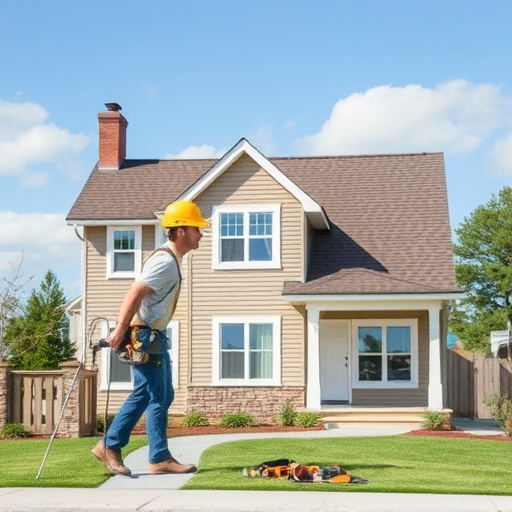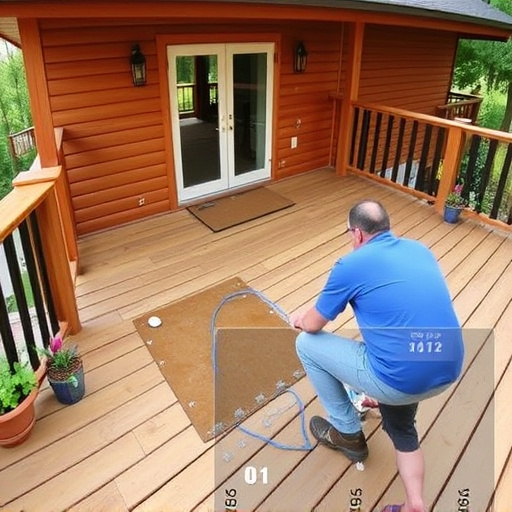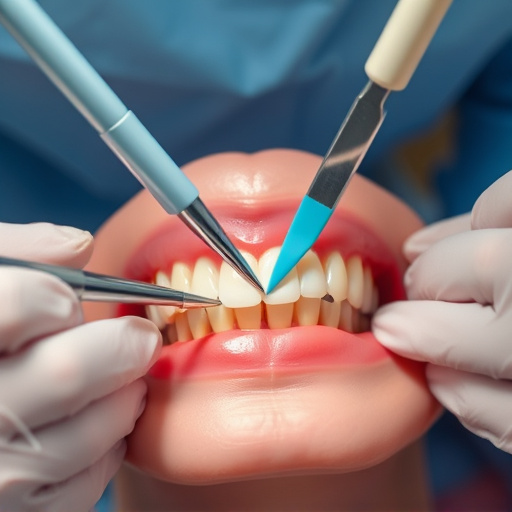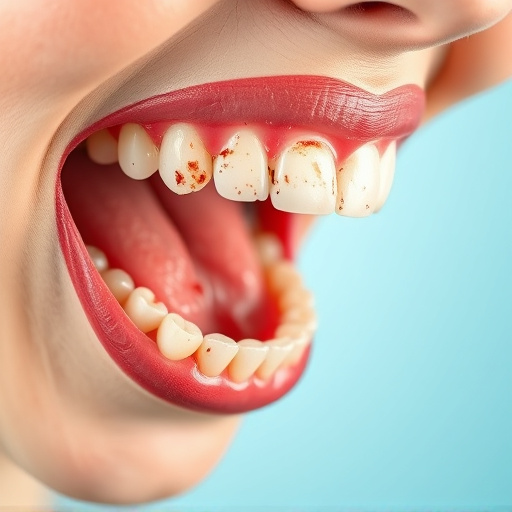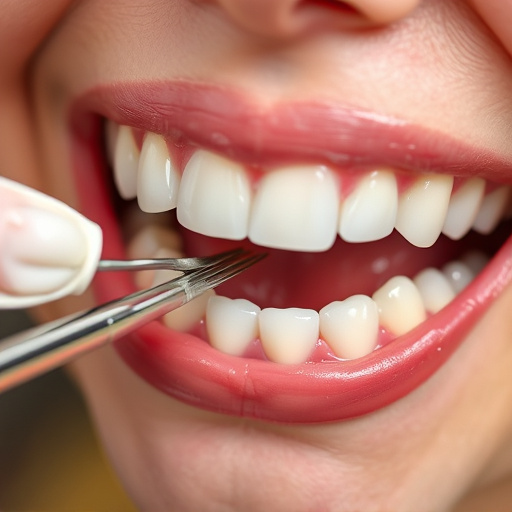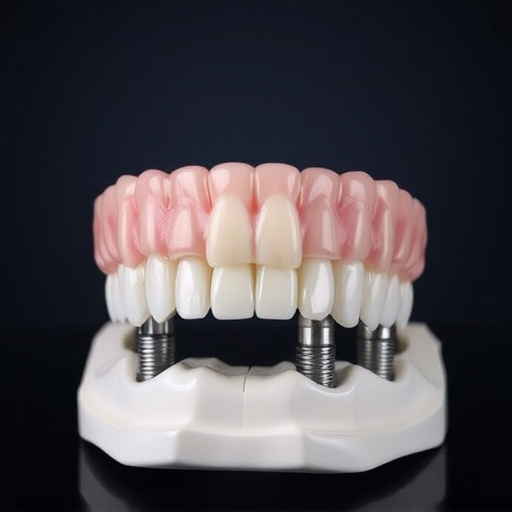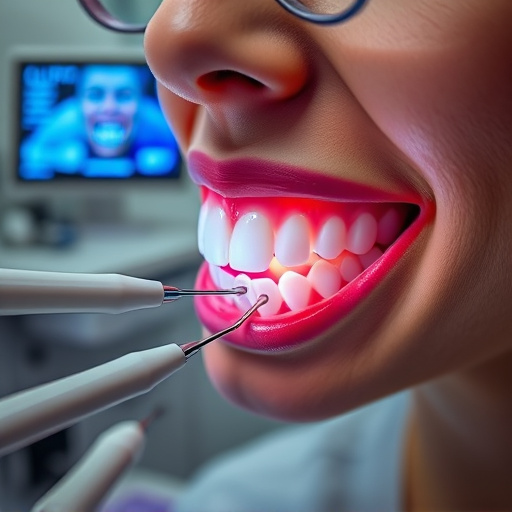Handicap accessible dental clinics prioritize inclusive design and staff training to cater to diverse patient needs. Through wide doorways, low work stations, specialized equipment, and empathetic care, these clinics ensure every patient feels welcomed and receives tailored treatment, from routine exams to emergency care, fostering a welcoming environment for all with disabilities.
In today’s inclusive society, handicap accessible dental clinics are not just a necessity but a cornerstone of equitable healthcare. This article explores how forward-thinking dental practices create environments that embrace all patients through thoughtful design and accessibility features. We delve into staff training aimed at fostering empathy and patience, along with personalized care approaches tailored to meet individual needs. Discover how these clinics lead the way in providing compassionate, accessible dental care for everyone.
- Creating Inclusivity: Design for Optimal Accessibility
- Training Staff: Fostering Empathy and Patience
- Personalized Care: Tailoring Treatments to Individual Needs
Creating Inclusivity: Design for Optimal Accessibility
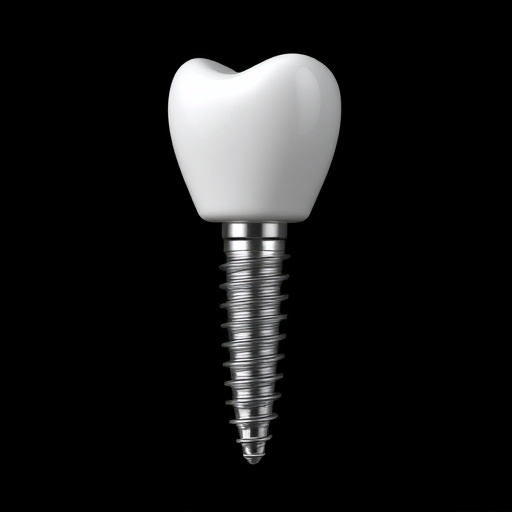
Creating an inclusive environment is paramount for any modern dental clinic, especially when prioritizing handicap accessibility. The design of a dental clinic should be centered around optimal accessibility, ensuring every patient, regardless of their physical abilities, feels welcomed and valued. This begins with thoughtful planning that incorporates features like wide doorways, low-level work stations, and wheelchair access throughout the facility. Such designs not only adhere to accessibility standards but also foster a sense of comfort and security for patients with disabilities.
Furthermore, integrating specialized equipment, such as adjustable dental chairs and assistive technology, allows for comprehensive care tailored to individual needs. This commitment to inclusive design extends beyond physical structures, encompassing staff training on disability awareness and sensitivity. A handicap accessible dental clinic that leads with empathy understands that providing equal access is not just a moral imperative but also a key component of delivering high-quality, patient-centered restorative dentistry services, including procedures like dental bonding and fillings.
Training Staff: Fostering Empathy and Patience
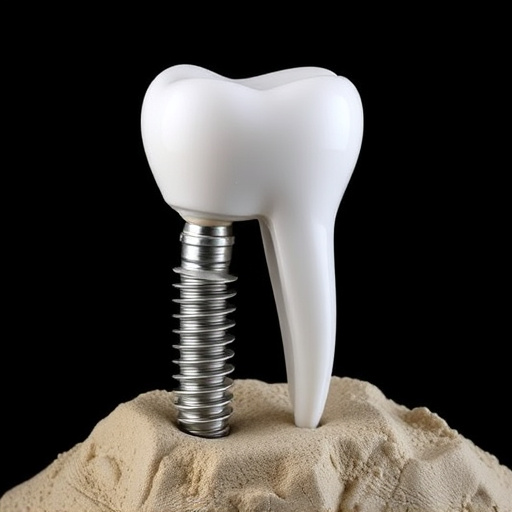
In any handicap accessible dental clinic that prioritizes empathy, training staff to approach patients with compassion and patience is paramount. This involves specialized workshops focused on understanding unique patient needs, including those with physical disabilities, sensory impairments, or cognitive differences. By fostering an empathetic culture, dental professionals can create a welcoming environment where every patient feels valued and at ease. Staff members learn to adapt their communication methods, using clear and simple language, visual aids, or even sign language if necessary, ensuring that instructions and care explanations are easily comprehensible.
This training extends beyond basic communication skills. It includes role-playing scenarios where staff practice handling various challenges, such as assisting patients with mobility issues during procedures or providing extra comfort to those experiencing anxiety. By regularly engaging in these exercises, the team develops the skillsets needed to offer personalized care tailored to each patient’s circumstances. The ultimate goal is to provide not just high-quality dental services but also an experience that nurtures trust and builds lasting relationships between patients and their caregivers.
Personalized Care: Tailoring Treatments to Individual Needs
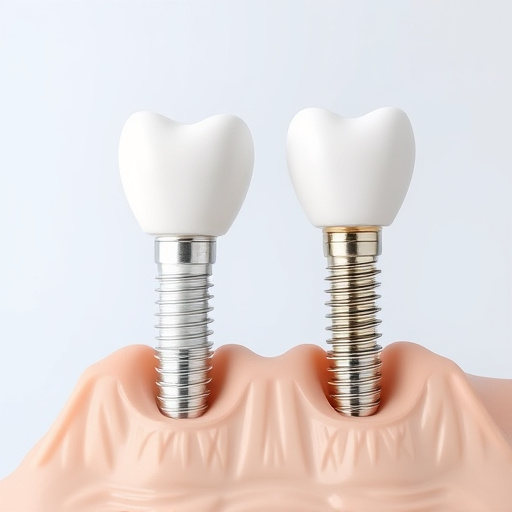
In a handicap accessible dental clinic, personalized care means understanding that each patient has unique needs and limitations. Dentists who specialize in serving this demographic go beyond basic treatment to create tailored plans that accommodate mobility issues, sensory sensitivities, or communication challenges. This could involve adjusting chairs and equipment for easier access, using specialized tools designed for patients with limited dexterity, or employing sign language interpreters for those who are deaf.
By offering personalized care, these dental clinics ensure that every patient receives the same level of attention and comfort. They recognize that a routine oral exam can be daunting for some, while others may need urgent emergency dental care. Thus, they foster an environment where all patients feel respected, valued, and at ease, ensuring that their dental health is prioritized regardless of any physical or communication barriers.
Handicap accessible dental clinics are more than just places; they are centers of care that prioritize inclusivity, empathy, and personalized treatment. By implementing thoughtful design, comprehensive staff training, and tailored care, these clinics create a supportive environment for all patients. In a world where accessibility is a cornerstone of equitable healthcare, handicap accessible dental services lead the way in fostering understanding and ensuring everyone receives the care they deserve.

